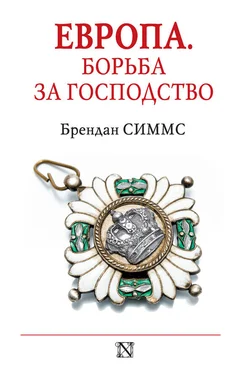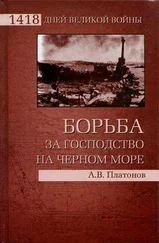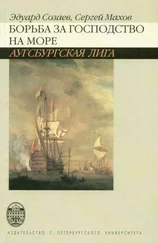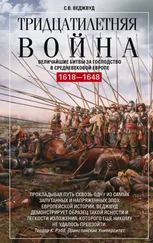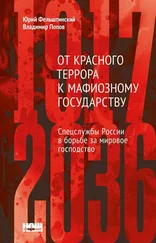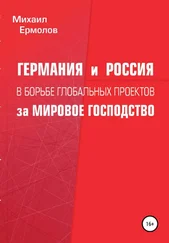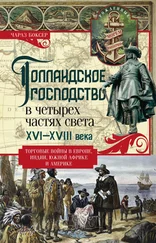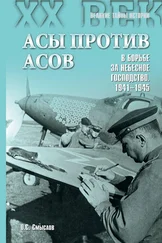Jan Müller, ‘The old questions and the German Revolution’, Contemporary European History, 7, 2 (1998), pp. 271–84.
Helmut Wiesenthal, ‘German unification and “Model Germany”: an adventure in institutional conservatism’, West European Politics, 26, 4 (2003), pp. 37–58.
Christopher Hill, ‘The European dimension of the debate on UN Security Council membership’, The International Spectator, XL, 4 (2005), pp. 31–2. О “внутренней культуре сдержанности” новой Германии вопреки ее “колоссальной структурной мощи”: Andrei S. Markovits and Simon Reich, The German predicament. Memory and power in the new Europe (Ithaca, 1997), pp. xiii and 3.
Gregor Schöllgen, Angst vor der Macht. Die Deutschen und ihre Aussenpolitik (Berlin, 1993).
RAND study in the summer of 1990: Ronald D. Asmus, German strategy and opinion after the Wall, 1990–1993 (Santa Monica, 1994), p. 61.
James Gow, The Serbian project and its adversaries. A strategy of war crimes (Montreal, 2003), and Gerard Toal and Carl T. Dahlman, Bosnia remade. Ethnic cleansing and its reversal (Oxford, 2011).
Leon Aron, Boris Yeltsin. A revolutionary life (London, 2000), pp. 440–93.
Karl Kaiser and Klaus Becher, ‘Germany and the Iraq con ict’, in Nicole Gnesotto and John Roper (eds.), Western Europe and the Gulf. A study of West European reactions to the Gulf War (Paris, 1992), pp. 39–69, especially pp. 39–43.
Lawrence Freedman and Efraim Karsh (eds.), The Gulf con ict 1990–1991. Diplomacy and war in the New World Order (London, 1993); Alex Danchev and Dan Keohane (eds.), International perspectives on the Gulf conflict, 1990–1991 (London, 1994).
Josef Joffe, ‘Collective security and the future of Europe: failed dreams and dead ends’, Survival, 34, 1 (1992), pp. 36–50.
Kori Schake, ‘NATO after the Cold War, 1991–1995: institutional competition and the collapse of the French alternative’, Contemporary European History, 7, 3 (1998), pp. 379–407 (p. 380).
D. Allen, ‘Wider but weaker or the more the merrier? Enlargement and foreign policy cooperation in the EC/EU’, in J. Redmond and G. G. Rosenthal (eds.), The expanding European Union. Past, present, future (Boulder, 1998).
Ludger Kühnhardt, ‘The fall of the Berlin Wall and European integration’, pp. 47–60; http://www.kas.de/upload/Publikationen/Panorama/2009/1/ kuehnhardt.pdf.
Helmut Kohl, Ich wollte Deutschlands Einheit (Berlin, 1996), pp. 194–201.
Schake, ‘NATO after the Cold War’, p. 387.
Jacques E. C. Hymans, ‘Judgment at Maastricht’, The Harvard Crimson, 4.12.1991.
James Gow, Triumph of the lack of will. International diplomacy and the Yugoslav war (London, 1997), and Josip Glaurdić, The hour of Europe. Western powers and the breakup of Yugoslavia (New Haven and London, 2011).
Brendan Simms, Un nest hour. Britain and the destruction of Bosnia (London, 2001).
Опираюсь на неопубликованную работу: Caoimhe ni Chonchuir, ‘French policy towards Bosnia, 1992–1995’ (Cambridge University M.Phil. dissertation, 2008).
Richard Caplan, ‘The European Community’s recognition of new states in Yugoslavia: the strategic implications’, Journal of Strategic Studies, 21, 3 (1998), pp. 24–45.
Takis Michas, Unholy alliance. Greece and Milošević’s Serbia (College Station, Texas, 2002).
Richard Bernstein and Ross Munro, The coming conflict with China (New York, 1997). О “восточной” ориентации Вашингтона и НАТО: Philip H. Gordon, ‘Recasting the Atlantic alliance’, Survival, 38, 1 (1996), pp. 32–57.
Smith, America’s mission, p. 325. Клинтон высказался в январе 1994 г.
Niall Ferguson and Brigitte Granville, ‘“Weimar on the Volga”. Causes and consequences of inflation in 1990s Russia compared with 1920s Germany’, Journal of Economic History, 60, 4 (2000), pp. 1061–87.
David Kerr, ‘The new Eurasianism: the rise of geopolitics in Russia’s foreign policy’, Europe – Asia Studies, 47, 6 (1995), p. 986.
Hans-Joachim Hoppe, ‘Moscow and the conflicts in former Yugoslavia’, Aussenpolitik, 43, 3 (1997), pp. 267–77, especially p. 277.
Yevgeny Primakov and Yeltsin in Peter Truscott, Russia First. Breaking with the west (London and New York, 1997), pp. 48–9.
John Dunlop and Anatol Lieven, Chechnya. Tombstone of Russian power (New Haven, 1998).
Ivo H. Daalder, Getting to Dayton. The making of America’s Bosnia policy (Washington, DC, 2000), p. 10.
Václav Havel, ‘A new European order?’ New York Review of Books, 2.3.1995, p. 43.
James Goldgeier, Not whether but when. The U. S. decision to enlarge NATO (Washington, DC, 1999), and Ronald D. Asmus, Opening NATO’s door. How the alliance remade itself for a new era (New York, 2002).
Автор умалчивает об американских солдатах в составе миротворческого контингента ООН. Примеч. ред.
John W. Young, Britain and European unity, 1945–1999, 2nd edn (Basingstoke, 2000), pp. 150–74.
Christopher Stevens, ‘Thatcherism, Majorism and the collapse of Tory statecraft’, Contemporary British History, 16, 1 (2002), pp. 119–50, especially p. 139.
Sonia Lucarelli, Europe and the breakup of Yugoslavia. A political failure in search of a scholarly explanation (The Hague and London, 2000).
A National Security Strategy of engagement and enlargement, The White House, February 1995, pp. 1, 2, 22, 25,27, 30 and passim.
Oliver Daddow, New Labour and the European Union. Blair and Brown’s logic of history (Manchester and New York, 2011), especially pp. 1 and 12.
Имеется в виду лидер СДПГ Р. Шарпинг . Примеч. ред.
Принятое обозначение союза Социал-демократической партии Германии и партии «зеленых» . Примеч. ред.
Paul Gillespie, ‘History and geography rhyme for new Germany’, Irish Times, 8.11.1997.
Brendan Simms, ‘From the Kohl to the Fischer Doctrine: Germany and the Wars of the Yugoslav Succession, 1991–1999’, German History, 21, 3 (2003), pp. 393–414 (quotation p. 414).
Читать дальше
Конец ознакомительного отрывка
Купить книгу
